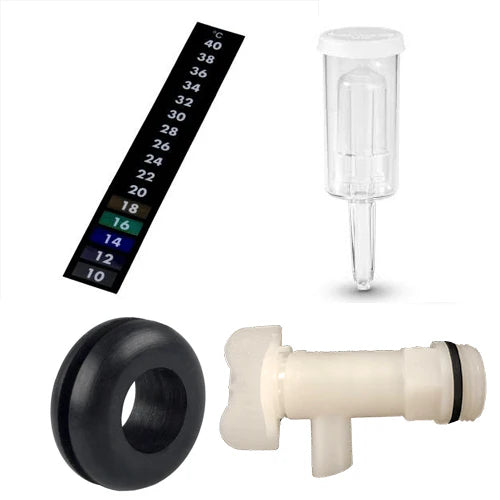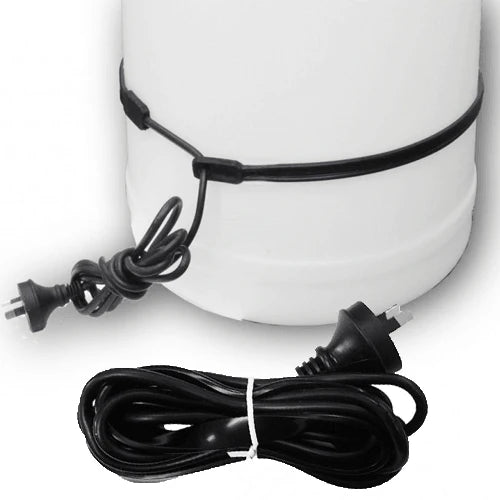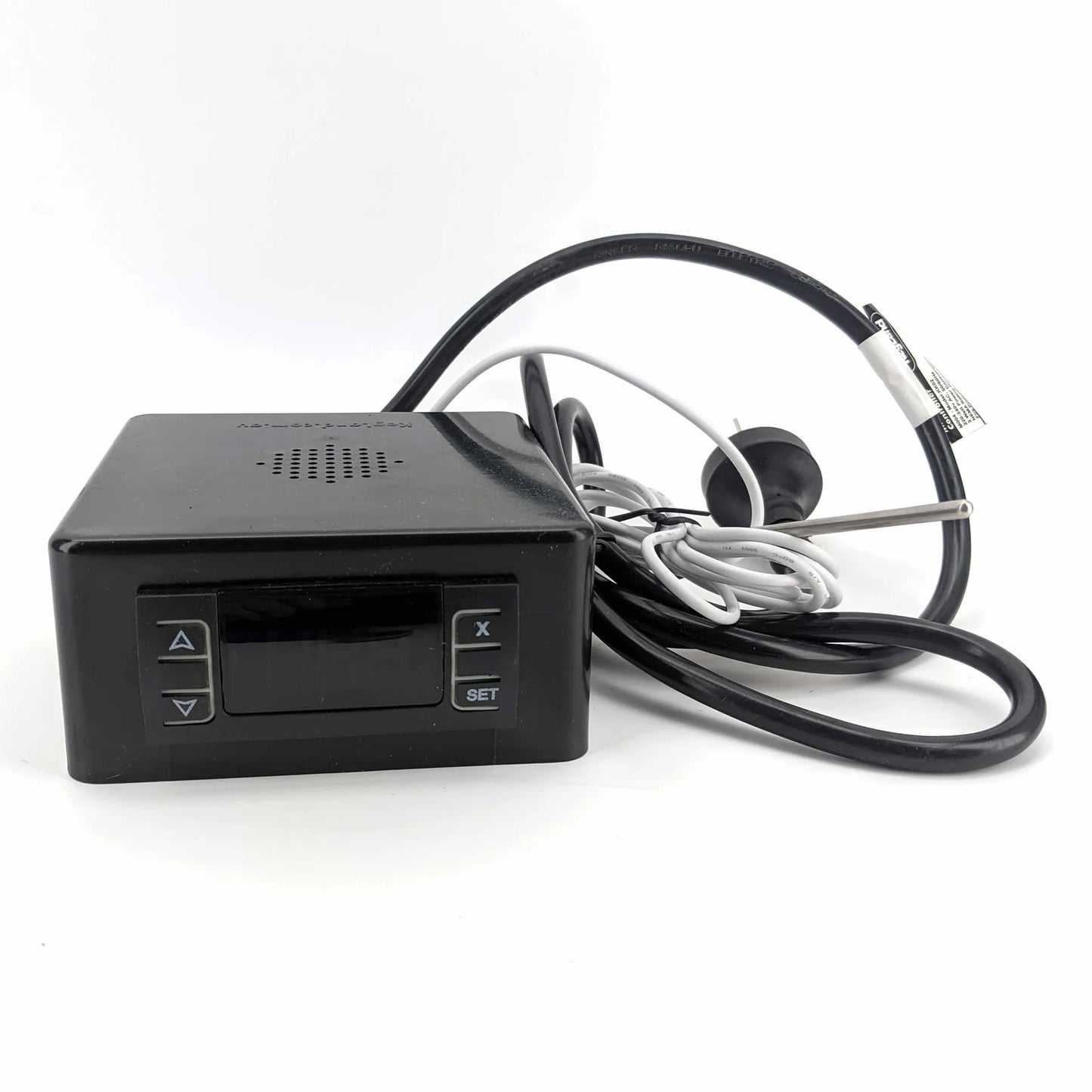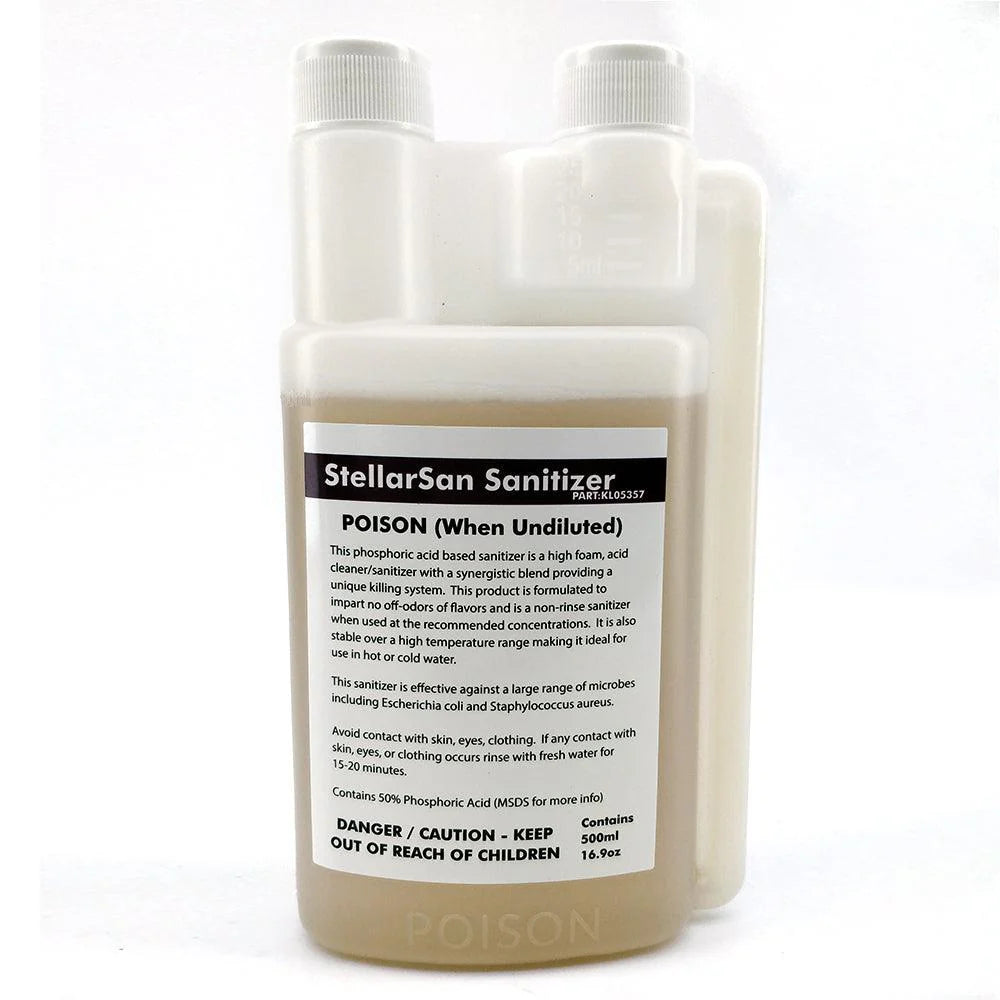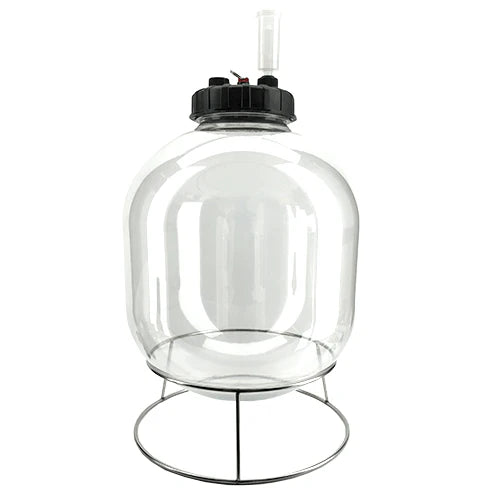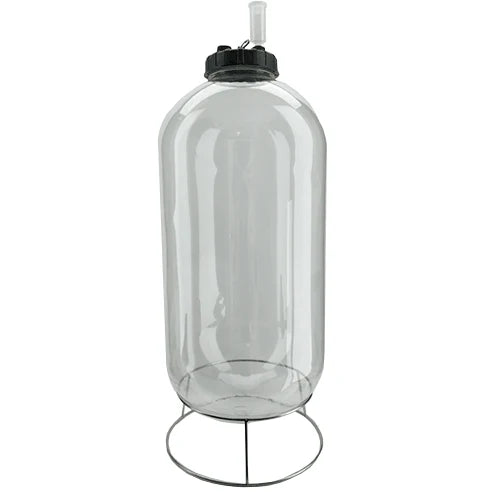It All Starts Here: Crafting Your Base Spirit and Getting Your Yeast Right

When it comes to crafting unique and flavorful spirits or infusions, it’s easy to get ahead of yourself. You might be eager to dive into experimenting with exotic ingredients and creating magical brews. But before you can create something truly extraordinary, there’s one crucial step that can’t be skipped: getting your base spirit right.
And at the heart of that base spirit is the magic of happy yeast.
The Power of Yeast: Why It All Starts Here
Before you start adding your favourite fruits, herbs, or spices, you need a solid foundation—your base spirit. This is where fermentation begins, and the key to success is a happy, healthy yeast.
Yeast might seem like a simple organism, but it’s actually quite extraordinary. It’s been around for over 400 million years, and without it, fermentation and the creation of alcohol would be impossible. Yeast is responsible for converting sugars into alcohol, and it also plays a crucial role in developing flavour profiles. The flavours that emerge from your base spirit will ultimately determine the success of your future creations, and that all starts with respecting the yeast.
If the yeast isn’t happy, the fermentation process will be disrupted, and you’ll end up with unpleasant off-flavours. But when the yeast is cared for properly, it will thrive, producing the rich and complex flavours you’re aiming for.
Don’t Rush the Process: Nurture Your Yeast
Too often, people rush the fermentation process by using turbo yeasts and sugar washes. While they can be fast, these shortcuts don’t give you the same depth of flavour as a more thoughtful approach. The magic happens when you allow yeast to work its wonders at its own pace, nurtured with the right environment and nutrients.
Yeast needs a few key things to stay happy:
-
The Right Temperature: Yeast thrives in a stable temperature range, usually between 18-24°C (64-75°F). Too hot or too cold, and the yeast will become stressed, potentially ruining your fermentation.
-
Nutrients: Yeast needs nutrients, just like any living organism. Providing these nutrients ensures a healthy fermentation and prevents the yeast from producing undesirable off-flavours.
-
Patience: Yeast doesn’t work on a rush schedule. Allow it the time it needs to ferment your sugars into alcohol and create the base for your future creations.
The Basics of Yeast: Choosing the Right Strain
When you’re starting out, the type of yeast you choose can make all the difference. There are countless strains of yeast, each suited for different kinds of fermentations. Some yeasts create a clean, neutral base, while others bring more distinctive, fruity or spicy characteristics to the table.
Yeast Strains to Try:
-
Baker’s Yeast: This is a good, neutral yeast that works well for making a clean base spirit. It’s readily available and inexpensive but requires proper care to avoid off-flavours.
-
Yellow Label Yeast: This strain is packed with enzymes that convert starches into sugars, making it ideal for fermenting grains like potatoes, rice, and corn. It's a great option for those looking to create a more complex base.
-
Specialty Yeasts: There are specific yeasts available for rums, whiskeys, wines, and more. Each yeast strain imparts unique flavours to your base spirit, so choose one based on the flavour profile you're aiming for.
-
Wild Yeast: If you’re feeling adventurous, you can even catch your own wild yeast from the air or local environment. This can add a unique, local touch to your spirit.
The Essential Equipment: Get Ready to Experiment
Now that you understand the importance of yeast and base spirits, it's time to gather the right tools for the job. You’ll need some basic equipment to start experimenting and making your own creations:
-
Small Fermenter (30L): A 30L fermenter is a great size for starting your fermentation process. It provides enough space for a decent-sized batch without being overwhelming.
-
Hydrometer and Alcometer: These tools help you monitor the alcohol content and ensure your fermentation is on track. The hydrometer measures the sugar levels, and the alcometer measures the final alcohol by volume (ABV).
-
A Small Still (Air Still): Once your fermentation is complete, you'll need a still to separate the alcohol from the mash. A small still like the Air Still is perfect for beginners or small batch experiments.
The Path to Great Spirits: Start with Happy Yeast
Remember, the key to crafting great spirits or infusions is starting with a well-fermented base. Happy yeast leads to delicious, well-balanced flavours. Before diving into the world of botanicals, spices, and fruits, take the time to nurture your yeast and get your base spirit right. This is where the magic begins.
When you take care of the fermentation process and respect the yeast, you’ll create a solid foundation for all your future experiments. From there, you can start exploring the world of botanicals, fruits, spices, and herbs, infusing and distilling your base spirit into something truly unique.
Ready to Start Crafting Your Own Spirits?
Start your journey with the right tools and knowledge. Whether you’re aiming for a classic gin, an herbal-infused vodka, or something more adventurous, it all starts with happy yeast and a solid base spirit. Here’s a starter kit to help you get going: 30L or 60L Fermentation Bundle



